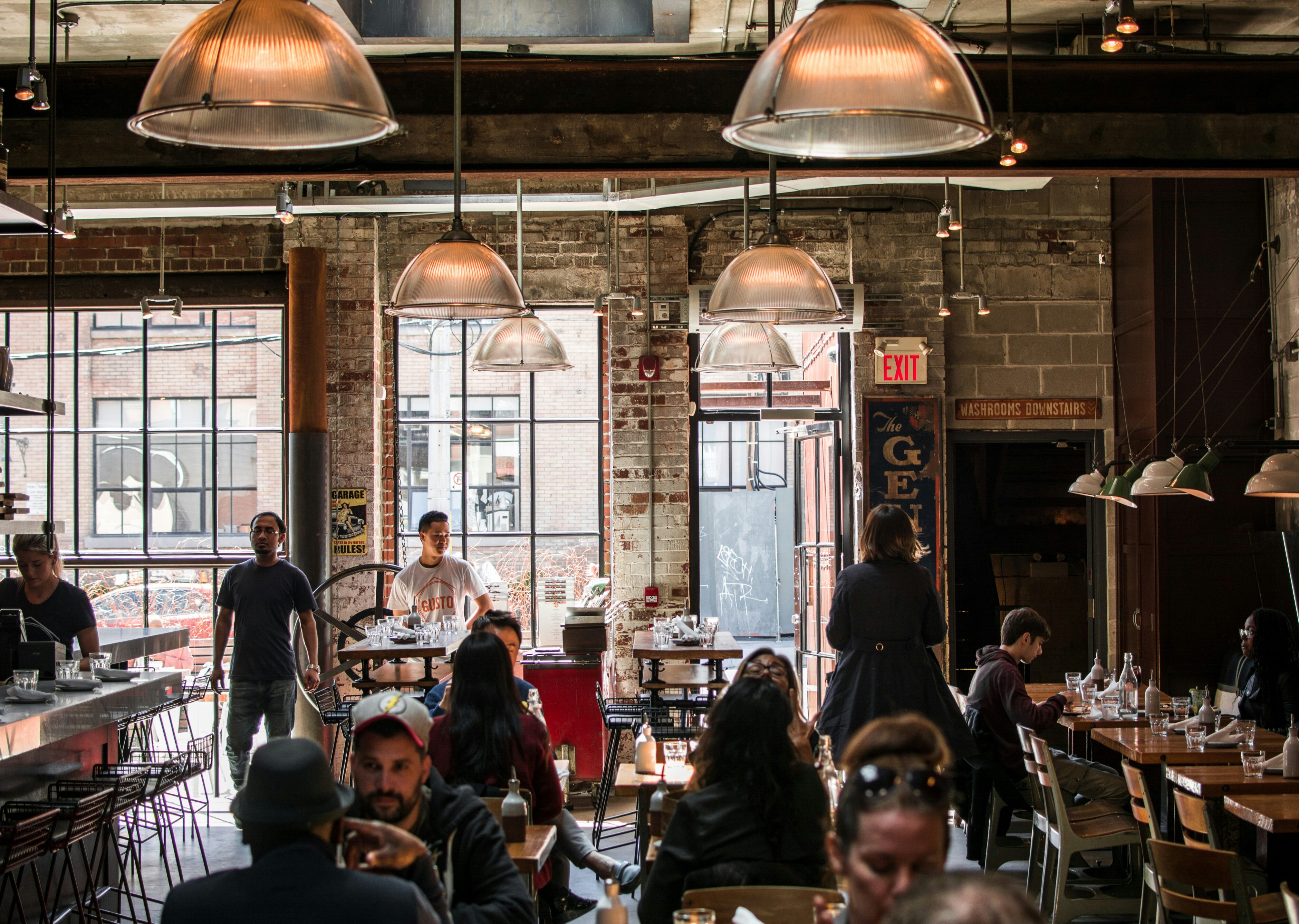THE GREEN LINE
ORIGINAL STORY
The Junction's Latest Beat: New Studio Helps Locals Spin DJ Dreams into Reality
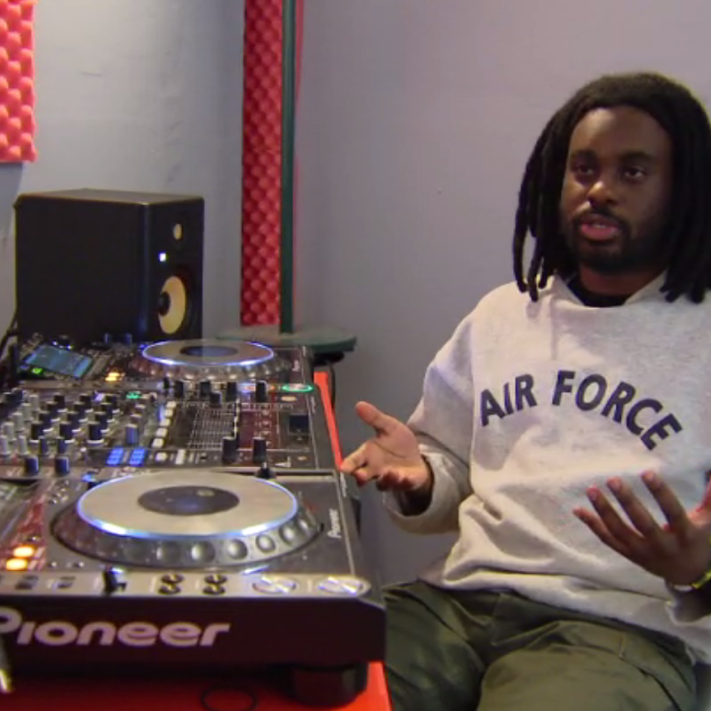
OFFSHORE STUDIO CO-FOUNDER TEVIS SPENCE SPEAKS NEXT TO EQUIPMENT SET.

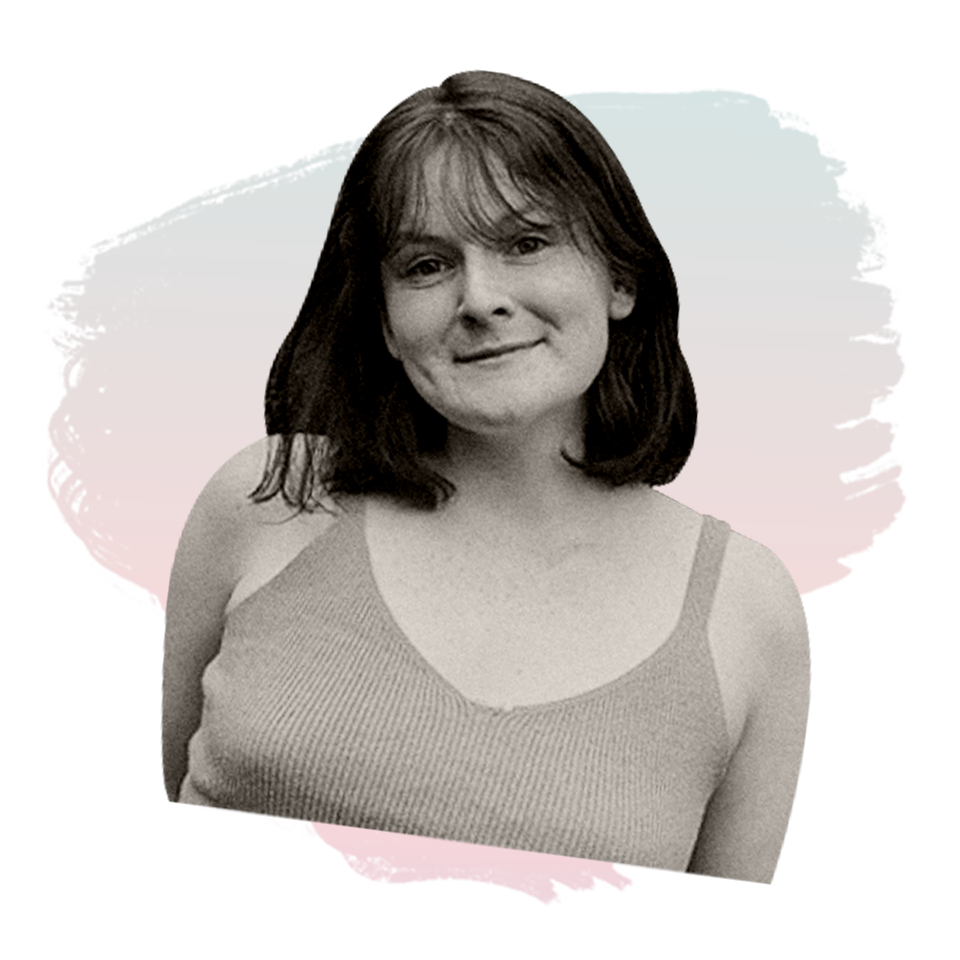
JULIA LAWRENCE
Aspiring film photographer who studies journalism, communication and design at Toronto Metropolitan University. Visits beaches at 6 a.m. to clear her head.
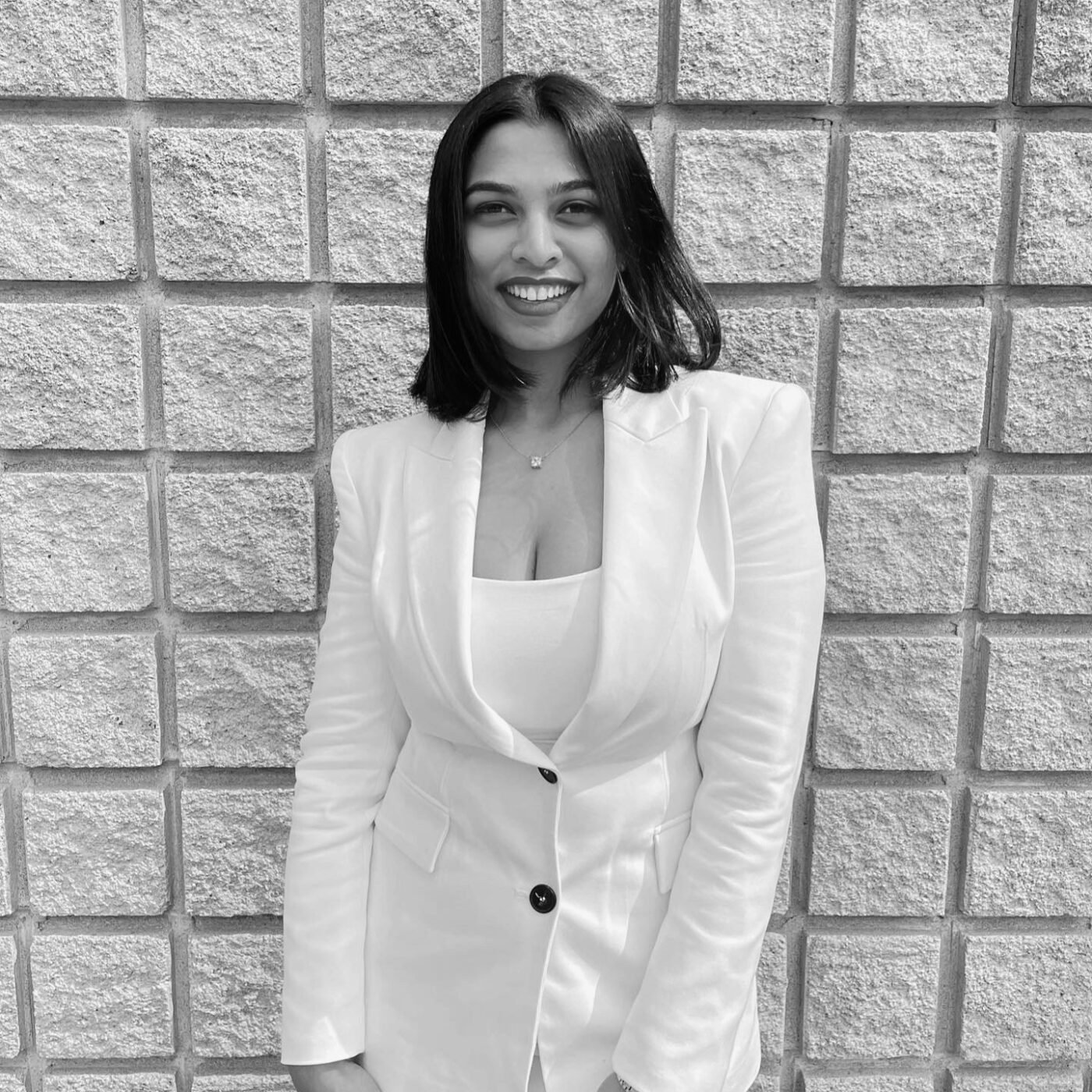
AMANDA SERAPHINA JAMES RAJAKUMAR
Indian immigrant with a post-grad in journalism from Centennial College. Now living in Grange Park, meeting new people, and hearing different stories. Has four names, so it’s a pick-your-player situation.
December 22, 2023
DJ equipment costs a pretty penny and this financial barrier blocks many Torontonians from learning the artform.
The Junction's DJing community has seen ups and downs since the COVID-19 pandemic flatlined work opportunities. Rebuilding now means bringing in new talent to the neighbourhood in Toronto's west end.
Offshore Studio set up shop in The Junction in October to teach locals who want DJing skills without the financial stress of purchasing expensive equipment.
Students can book low-cost sessions or free introductory sessions. Offshore co-founders Tevis Spence, Miles Freedom and Joseph Clarke aim to create an accessible space that helps experienced DJs and beginners connect through music.
"We're trying to address the accessibility issue for DJing. It's pretty expensive to get DJ jobs, especially just for a young person or even if you've been working forever and you kind of just want to get started or kind of get back into deejaying," Spence explained. "Using [DJing equipment] is pretty not difficult. Still, it's just hard to find."
Spence added that there are a lot of local music stores and venues, making it easy for Offshore Studio to fit in to The Junction's music scene.
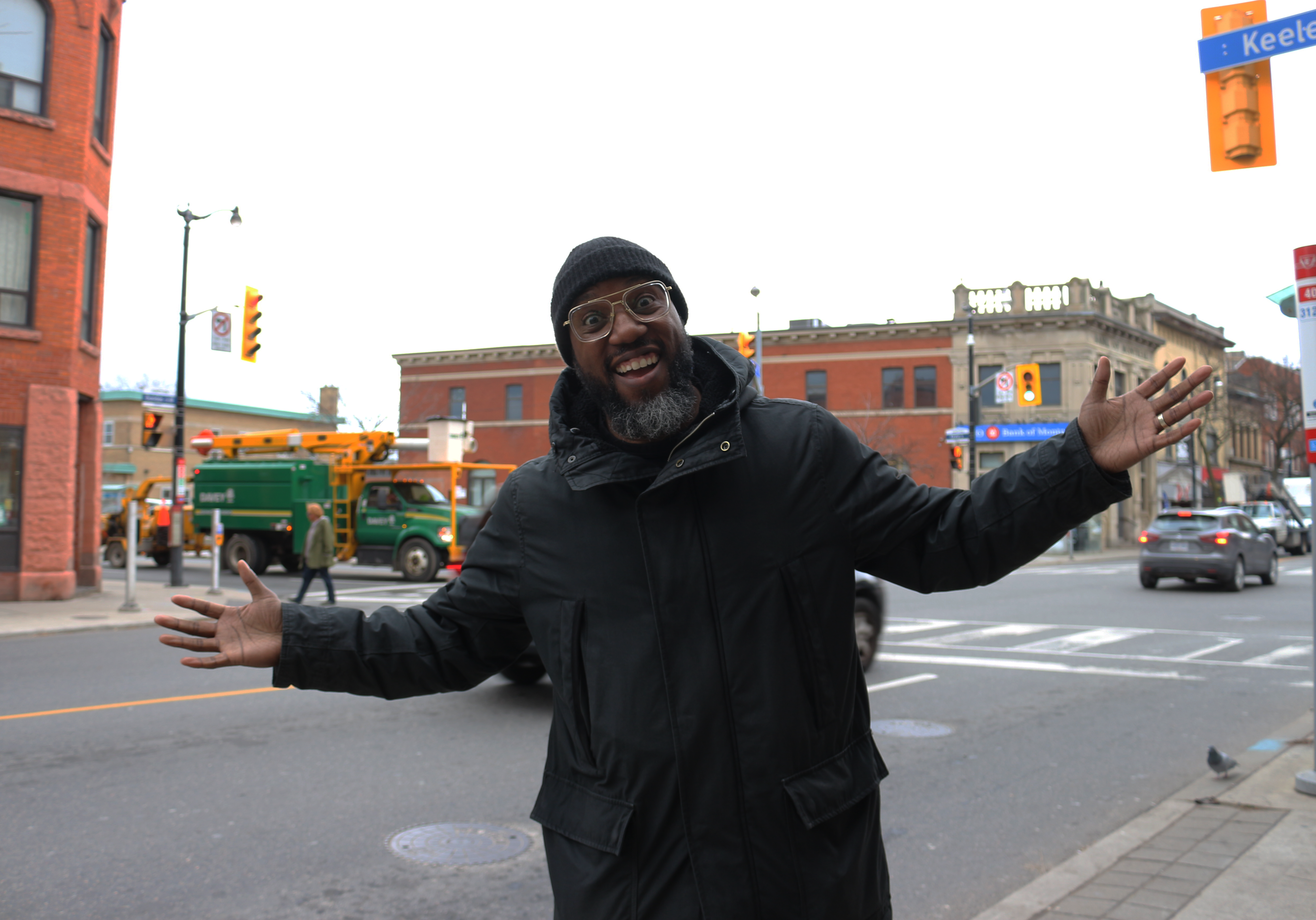
DJ BENJAMIN DE GRAAF STANDS AT AN INTERSECTION CLOSE TO WHERE HE USED TO LIVE IN THE JUNCTION.

Benjamin De Graaf, local DJ and creative lead at Love Music Initiative, says he's helped students who already have equipment but wanted a coach to take them to the next level.
“Getting access to gear is a little bit easier [though it's] still costly. I think the larger issue is space. So people can practice at home, but to be perhaps coached by someone or find a space where they can learn either individually or in a larger group setting is very hard because space is not cheap and it's not always accessible in the hours that you would want it to be," De Graaf explained.
Aspiring DJs outside of The Junction have come to the neighbourhood because there aren't a lot of accessible studios across the city. Glenfield-Jane Heights resident Keiffe Manzano tested his passion for DJing at home before discovering Offshore on Instagram.
“I would buy a controller on Amazon...just to learn, and I was just like learning through YouTube tutorials on how to do the basics," he explained. “When I first went to the first session [at Offshore], I was like, ‘Oh, thank God’ because I could see how they do it and they teach you. Operating [DJ equipment] at first is kind of complicated, but once you get used to it, it gets pretty easy."
He added, "It's very accessible because there's TTC stops here. So anyone could come here."
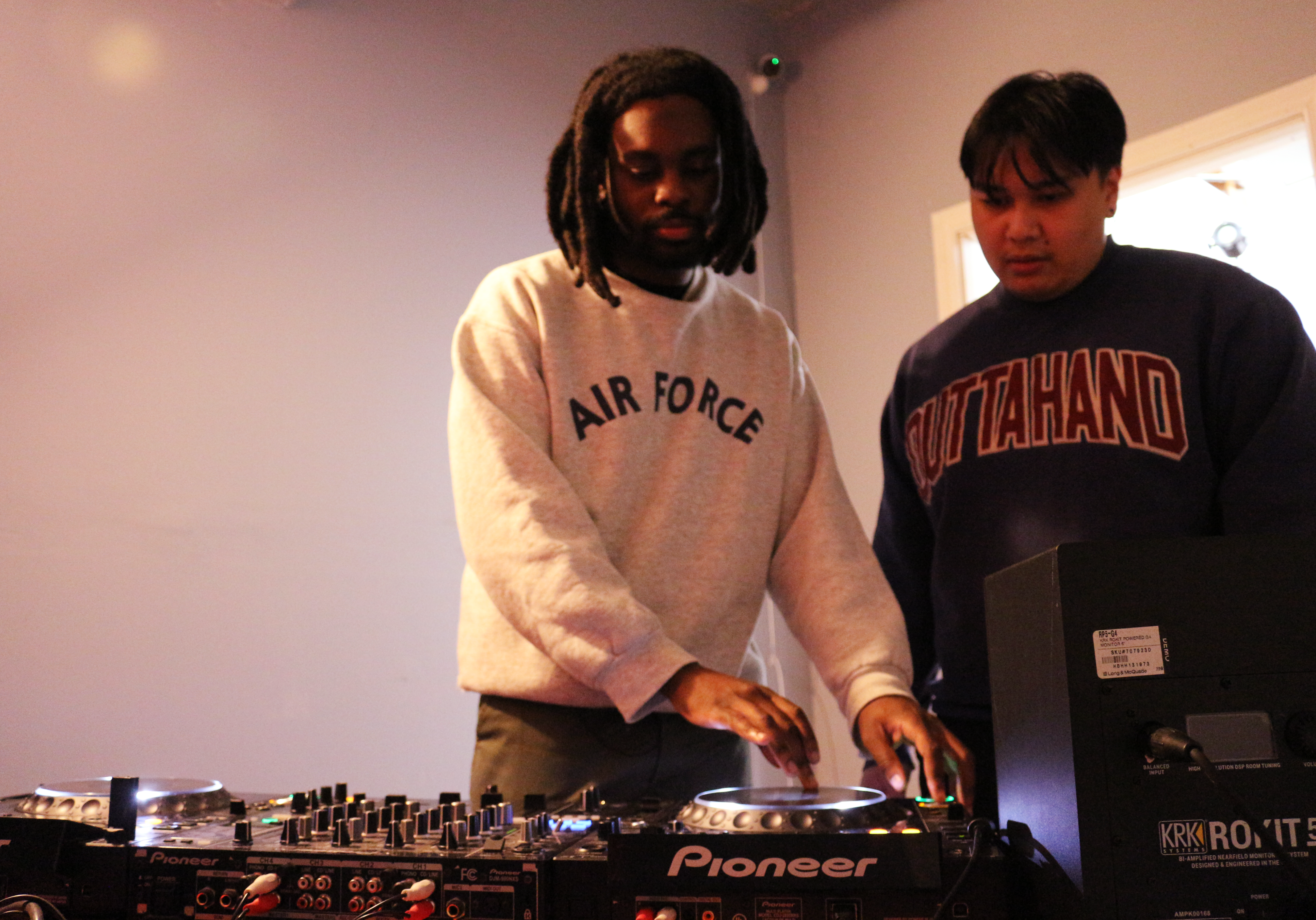
OFFSHORE STUDIO CO-FOUNDER TEVIS SPENCE STANDING TO THE LEFT OF SESSION PARTICIPANT KEIFFE MANZANO WHILE PLAYING EQUIPMENT.

According to the Music Industry Strategy: 2022-2026 survey conducted by Toronto-based consultancy Nordicity and the City of Toronto's Music Office, respondents indicated that access to collaborative hubs and studio space would help address barriers that exist in the city's music industry.
Fact-Check Yourself
Sources and
further reading
Don't take our word for it —
check our sources for yourself.
